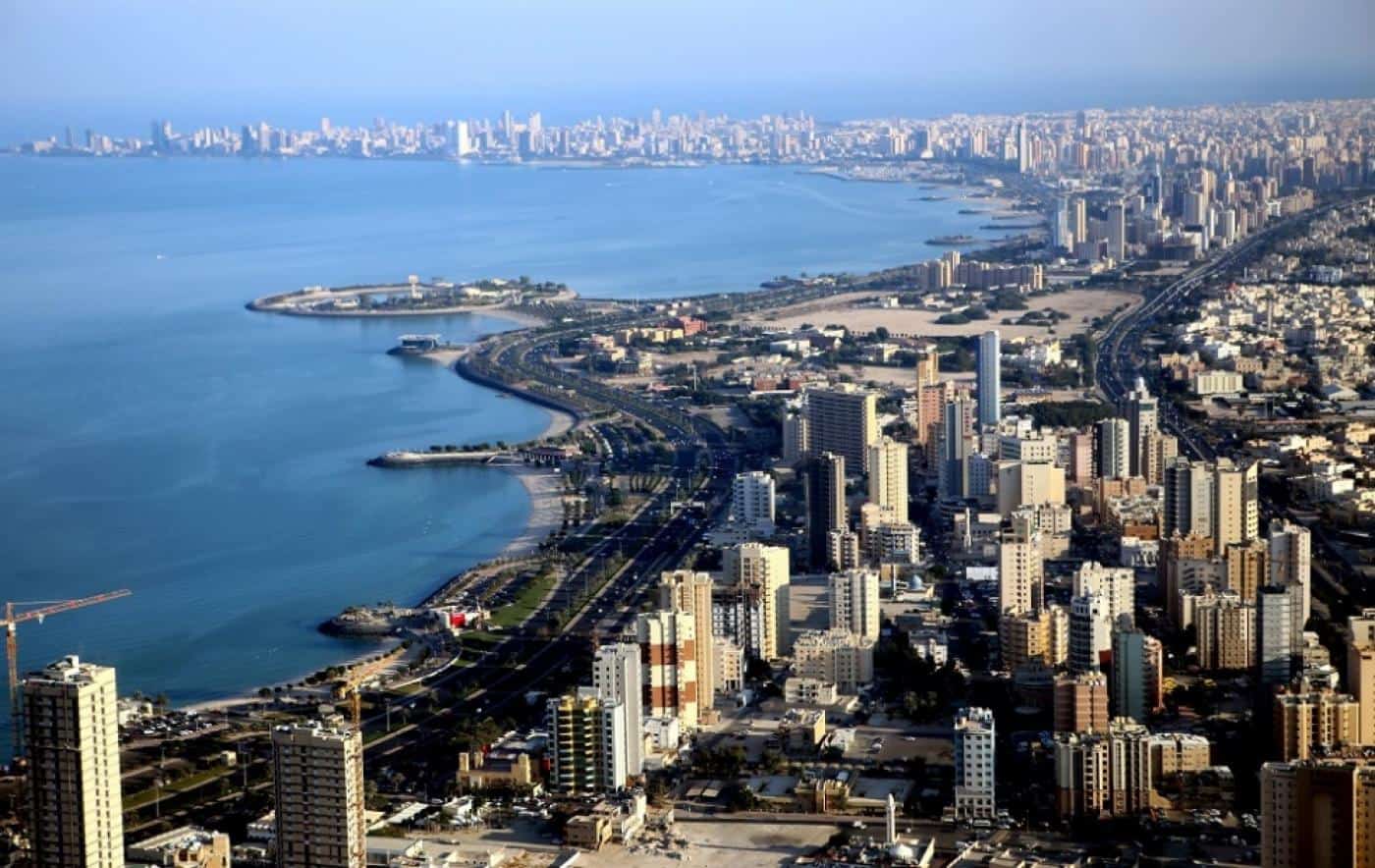Kuwaitis are complaining about growing costs and a drop in purchasing power, which they perceive as a sign of the deterioration of the standard of living have been accustomed to for years thanks to the government’s generous social spending and provision of various forms of assistance.
Many Kuwaitis took to social media to express dissatisfaction with the significant increase in consumer goods prices.
One disgruntled user wrote: “For the benefit of Kuwait and its people, learn the culture of destroying and boycotting high prices.”
Another user recommended to the government “buy people’s debts to compensate for the rising cost of living”.
Many others advocate wage adjustments, salary increases and loan rate reductions to match the country’s current high prices. Some have called for boycotting expensive products and substituting others until their prices are decreased.
Kuwait is suffering the Gulf’s most intense inflation wave lately, with price inflation reaching slightly more than 3 percent on an annual basis, according to a recent analysis by “MUFG” Bank, Japan’s second-largest bank.
The International Monetary Fund (IMF) attributed Kuwait’s high inflation rate in 2021 to sharp rises in food prices and the cost of travel-related services.
The IMF expected that inflation would reach 3.2 percent by the end of this year and then stabilize at 3 percent in the medium run.
Kuwaitis complain about rising prices, high inflation

- The International Monetary Fund (IMF) attributed Kuwait's high inflation rate in 2021 to sharp rises in food prices and the cost of travel-related services.
- The IMF expected that inflation would reach 3.2 percent by the end of this year and then stabilize at 3 percent in the medium run.







